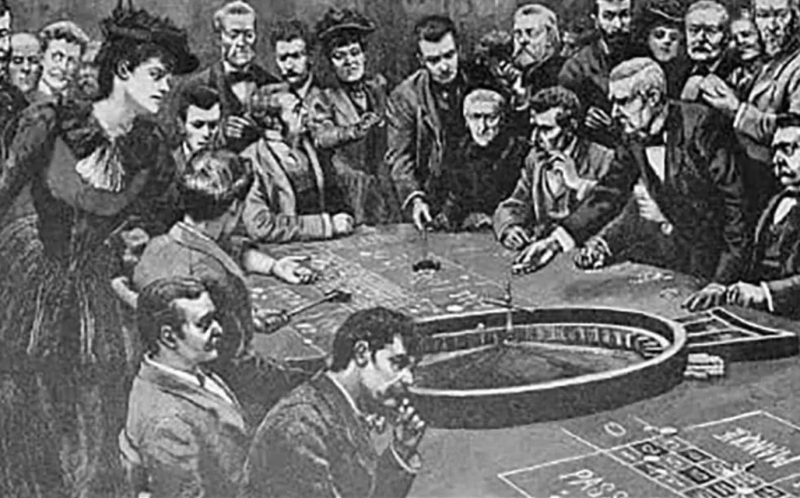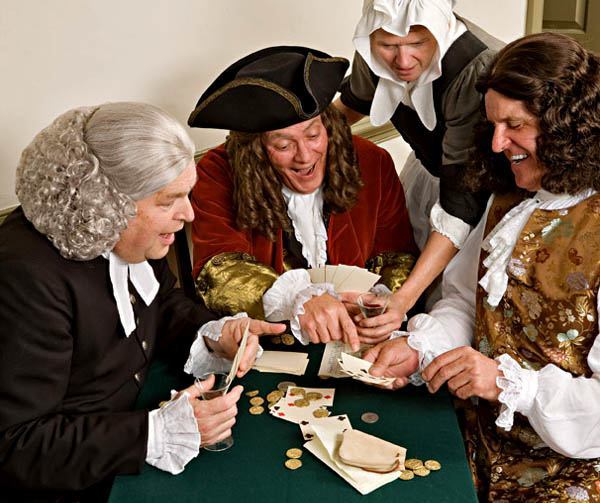
The Origin Story: Tracing the Footsteps of Gambling
Gambling, a pastime that today spans across continents and cultures, has roots buried deep in the annals of history. The allure of chance, of risking something in hope of gaining more, is as ancient as humanity itself. This journey through time reveals how gambling began and evolved.
The Dawn of Dice: Ancient Beginnings
It is said that humans have always been risk-takers. From the ancient civilizations, there have been signs of gambling activities. Dice made from bones have been discovered in archaeological sites dating back thousands of years, giving credence to the notion that early humans engaged in games of chance long before written history began. Mesopotamia, often heralded as the cradle of civilization, has provided some of the oldest evidence of gambling.
Furthermore, Chinese history speaks of games of chance played with tiles in 2300 B.C. Interestingly, the basis for many modern games can be traced back to these ancient civilizations, proving that while times change, the human penchant for risk and reward remains a constant.
Playing with Fate: Games of Antiquity
In Ancient Egypt, gambling was widespread, with dice games being particularly popular. However, it wasn’t just about fun; many believed that these games were a means to predict the future. On the other hand, Ancient Greeks had a clear love for gambling, with dice games mentioned in some of the great epics like the “Iliad”.
Rome wasn’t far behind. The Romans, always keen on adopting and adapting from other cultures, developed a fondness for dice games. Roman soldiers often played games with dice-like objects, possibly leading to the origins of many modern casino games.
The Middle Ages: More Than Just Chance
- During the Medieval period, gambling took on new dimensions. While dice games remained popular, card games began to gain prominence. The earliest forms of playing cards are believed to have originated in China and eventually found their way to Europe by the 14th century.
- In Europe, gambling on the outcome of dice throws was common, but the church opposed it. Despite ecclesiastical condemnations, gambling dens flourished, often under the guise of legitimate businesses.
- The medieval period also saw the birth of games that combined skill with chance. For instance, the game of backgammon, while relying on dice, also necessitates strategic play.
- Lotteries, too, found their footing during this era. They were used not just as a form of entertainment but also as a means to raise funds for projects beneficial to the public, like infrastructure.
- Countries like Spain, Italy, and England saw the emergence of gambling houses that were somewhat akin to today’s casinos, though the modern concept of a casino would only come into play much later.

The New World: A Blend of Old and New
As European settlers traveled to the New World, they brought along their love for gambling. The Americas saw the introduction of many games from Europe and also the innovation of new ones. Horse racing, in particular, gained immense popularity and laid the foundation for the modern gambling industry in the USA.
By the 19th century, gambling had become an integral part of American culture. Places like New Orleans became hubs for gambling activities, and the Mississippi River became synonymous with card games played on riverboats. The Gold Rush era further pushed gambling to the forefront, with San Francisco emerging as a major gambling city.
Modern Times: Casinos and Beyond
The 20th century heralded the age of casinos. With the establishment of places like Las Vegas and Atlantic City, gambling took on a glamorous veneer. These cities became synonymous with high stakes, glitz, and excitement. Slot machines, blackjack, poker, and roulette tables became symbols of the modern gambling culture.
Today, the advent of the internet has once again revolutionized the industry. Online casinos offer the thrill of gambling from the comfort of one’s home, marking the latest evolution in mankind’s age-old love affair with games of chance.
